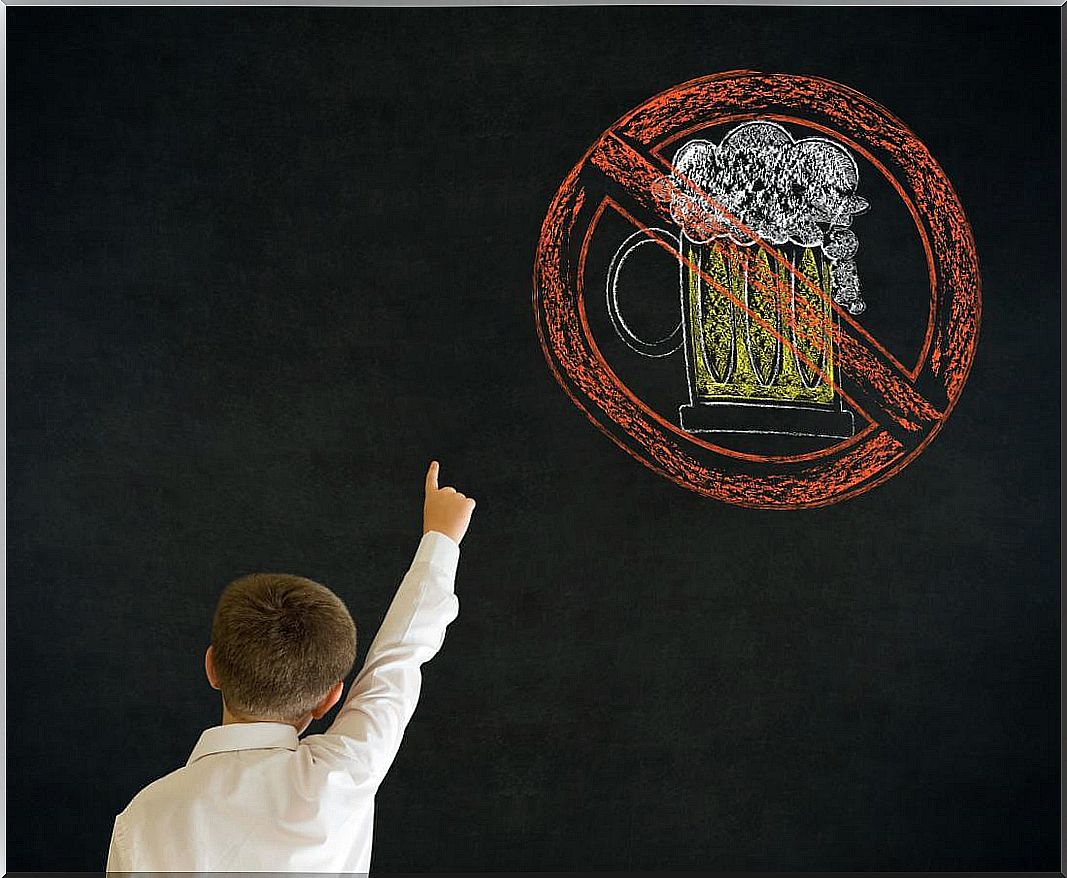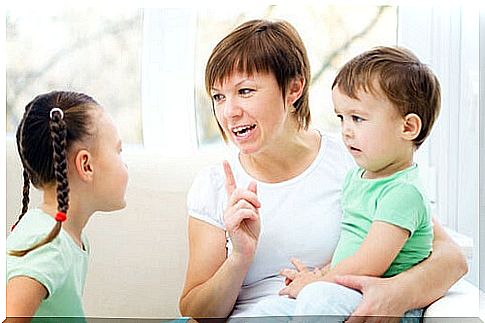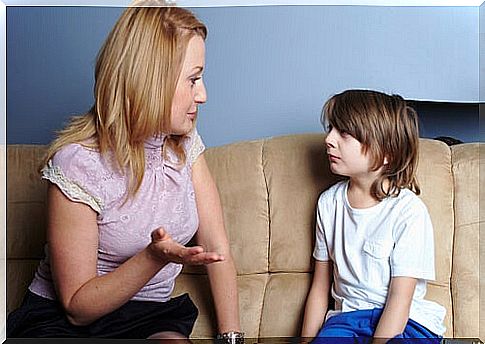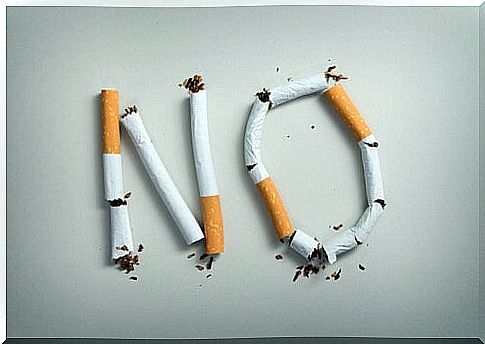How To Talk To Children About Alcohol And Drugs

Talking to kids about alcohol and drugs is something that needs to be done sooner or later and shouldn’t be a problem. Alcohol and drugs are a reality to which children are exposed – and increasingly soon.
Talking about alcohol and drug use must be done before the child is at risk, with the first sign of curiosity or doubts. If the child does not find answers at home or at school, he will look for them outside, not to mention the real possibility that questions and answers will cross his path without further ado.
Treating the subject of drugs and alcohol properly works as a vaccine against their use. It does not guarantee the absence of problems, but it does offer the child strategies to deal with the unhealthy doubts and proposals that they will encounter. In their quest to explore the world and to find their own identity, young people, as they reach their preadolescence and adolescence, will want to know what is there and what would happen if they tried everything that is offered to them.
Preliminary considerations
The way to approach the subject of alcohol and drugs depends on many factors, such as the child’s age, his degree of maturity, his level of risk and even the relationship that exists between the child and the adult who raises the issue or resolves doubts, among others.
Although it is obvious, it is important to remember that the example of the consumption of alcohol and drugs in the presence of the child with total freedom and impunity does not favor the understanding on the part of the minor of the harm that these substances can cause, including the consumption of tobacco.
In this sense, it is essential that the child receives information and recommendations from people who have a healthy lifestyle and fully apply the advice they give. Telling a child “do what I say and not what I do” never works.
When to start talking to children about alcohol and drugs

In this regard, it should be noted that research shows that children who hear data about drugs and alcohol from their parents are significantly less likely to use them. The question now is how to approach the issue at each age. Here are some ways to do it.
Talk about alcohol and drugs with children ages 3-5
During the preschool years, children have strong ties to their family and seek approval from their parents. This is a good time to talk with children about the importance of good nutrition, proper hygiene, and developing a healthy lifestyle. It is also a good time to help children develop decision-making and problem-solving skills.
Between the ages of 3 and 5, it is important to talk with children about the joys of healthy life, including healthy food, enough rest, and taking care of the body. In this sense, it is recommended that children make some simple decisions so that they learn to be responsible and experience the pleasure of making good choices.
Between the ages of 3 and 5, the child must also be encouraged to be responsible for their health and well-being through hygiene routines, taking care of others (such as pets), and performing household chores (such as picking up their pets). toys). This, among other things, will enhance your ability to make decisions and self-control.

Talking about dangerous substances in the environment is also very important so that the child is aware that not everything around him is safe. This includes cleaning products, sanitary products, and medications. With medications, special care must be taken, since the child must understand that they can only be taken when necessary and in the right measure.
Talk about alcohol and drugs with children ages 5 to 8
As children advance in school and spend more time with their peers, the influence of their peers is greater. The same happens with the information received through the different media.
Therefore, between the ages of 5 and 8 it is important to inform children of the effects of tobacco, alcohol and drugs, having conversations about present events. Future consequences are not something that children of this age are interested in. Thus, the subject should be approached from issues such as difficulties to do something after the consumption of these substances or direct effects (such as bad breath or danger of injury).

Taking advantage of the messages offered by the mass media is a good way to approach the subject of alcohol and drugs, as well as to sound the opinion of the child on the subject. It is also a good way to mitigate doubts and share your concern on the subject.
Although it may seem somewhat precocious, between the ages of 5 and 8 you should begin to establish the rules about drug and alcohol use. This is not the time to prohibit, but rather to set an example and make the self-control and responsibility of adults visible.
Outside of alcohol and drug use, ages 5 to 8 are also appropriate for helping children develop problem-solving skills. These skills will be very useful when you are faced with having to choose what your friends offer you in the future and dealing with the problems that will arise when you say no.
Talk about alcohol and drugs from the age of 8
From the age of 8, children can begin to assert their independence and question the authority of their parents, but they need your opinion and advice more than ever. When it comes to the question of drug and alcohol use, this is one of the most important moments for the child.
For this reason, from the age of 8 it is necessary to make sure that children know the rules about the consumption of tobacco, alcohol and drugs. At this age, children can understand the why of the rules and understand that they have limits. In this sense, it should be noted that research shows that children are less likely to use tobacco, alcohol and other drugs if their parents have established a pattern of clear rules and consequences.

But saying “no” can be problematic for children as young as 8 years old. That is why it is important to strengthen children’s self-esteem, since puberty is a time that can erode the self-confidence of young people. This leads to insecurity, doubt and vulnerability to peer pressure.
It is also essential that children over 8 years old know how to make responsible decisions and feel capable of doing so freely. Furthermore, children must be self-sufficient in making choices about some subjects and not simply ask permission to make the decision.
Another important issue that must be addressed from the age of 8 is the separation of reality from fantasy. Children must learn to differentiate between what is real and what is fiction, as well as to distinguish these aspects in advertising messages.
Finally, it is important that children from 8 years of age carry out healthy and recreational activities that promote human values, that promote friendship, cooperation and the search for common interest. These activities, in addition to being very positive for their development, will offer them positive alternatives to occupy their free time. A bored young man is a vulnerable young man.









